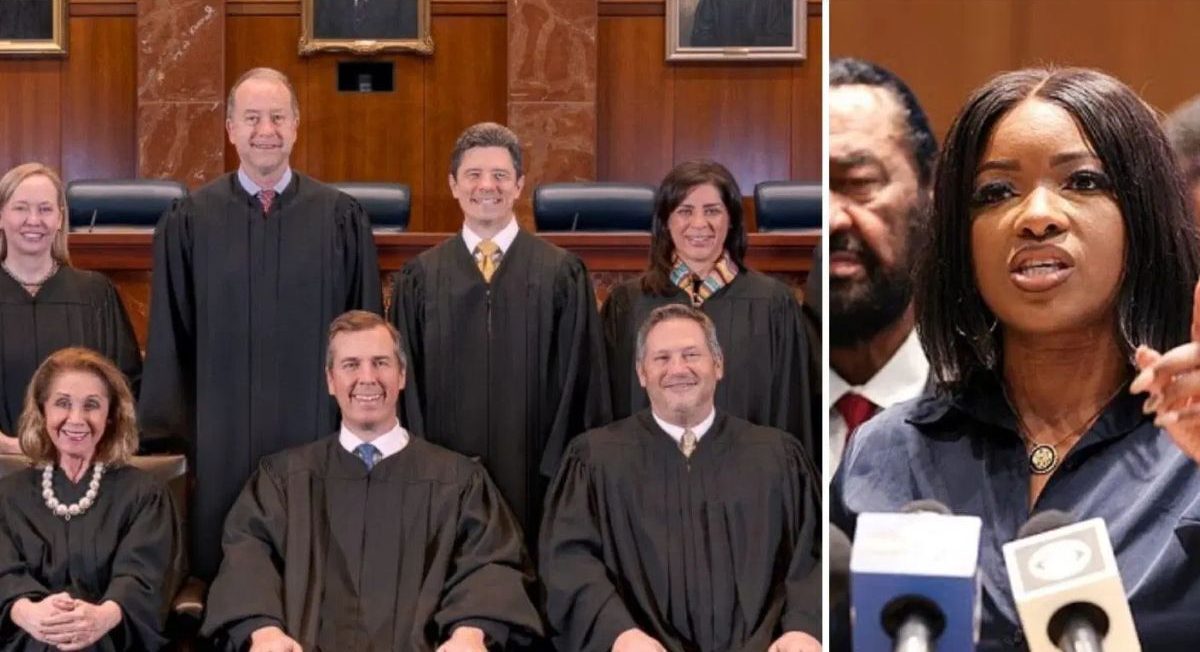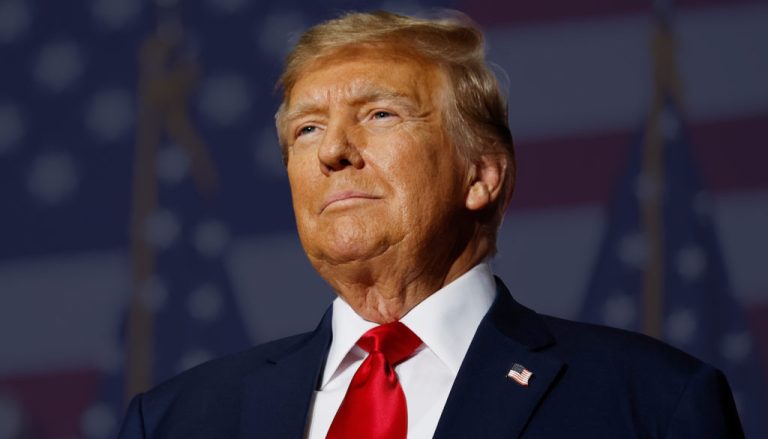Texas Court Faces High-Stakes Showdown Over Legislative Power
Texas politics has entered uncharted waters, and the state’s highest court is now at the center of a bitter partisan battle. At the heart of the controversy lies a question that could redefine the limits of political strategy: Can lawmakers be legally removed from office for refusing to show up?
A Rare Legal Gambit
The conflict began earlier this month when a group of Democratic legislators left Texas to prevent a vote on a highly contested congressional map. Their departure effectively broke quorum in the House, halting the legislative process and frustrating Republican efforts to push forward on redistricting plans. In response, Governor Greg Abbott launched an extraordinary legal challenge, asking the Texas Supreme Court to strip the leader of the House Democratic Caucus, Representative Gene Wu, of his seat.
Abbott urged the court to act within just 48 hours. This aggressive timeline underscored the urgency Republicans felt as the clock ticked on the special legislative session. However, the court rejected the expedited schedule, choosing instead to set a three-week period for both sides to file briefs. Final submissions are due by September 4, a date that falls well after the special session’s scheduled end.
Abbott Declares a Partial Win
Despite the delay, Abbott called the court’s decision a victory. In a social media post, he claimed the briefing timeline brings the “ring leader of the derelict Democrats … closer to consequences.” The Texas Supreme Court consolidated Abbott’s lawsuit with a similar case filed by Attorney General Ken Paxton. Paxton seeks to remove Wu and 12 other Democrats who participated in the walkout.
Initially, Abbott and Paxton disagreed over which office held the legal authority to pursue such actions. But on Monday, Paxton signaled alignment, vowing to work with Abbott to “hold these cowards accountable.”
Why the Stakes Are So High
The standoff is fueled by one of the most politically charged issues in American politics: redistricting. Republicans argue that new maps must be approved to reflect population changes and preserve party control heading into the 2026 midterms. Former President Donald Trump has publicly called for adding five GOP-leaning seats to secure the party’s slim congressional majority.
Democrats, however, see the move as a blatant power grab. With no legislative leverage, their only viable strategy was to deny quorum by leaving the state—a tactic that grinds the lawmaking process to a halt. While effective as a political maneuver, it has opened the door to an unprecedented legal showdown.
No Clear Precedent
Historically, breaking quorum has never resulted in the removal of elected officials in Texas. Legal experts note that no governor in U.S. history has successfully used the courts to expel lawmakers for skipping a vote. Wu’s attorneys argue that his actions reflect the will of his constituents, who oppose the redistricting plan. They also stress that Wu remains an active legislator, pointing out that the Texas Constitution only allows expulsion through a two-thirds vote of the House.
In a recent filing, Wu’s legal team stated, “His presence in another state is not a voluntary resignation—as his opposition to this petition makes evident.”
Pressure on the Court
The Texas Supreme Court now faces immense political and legal pressure. Every justice on the bench is a Republican, and two-thirds were initially appointed by Abbott. Two justices, including the chief justice, previously served as Abbott’s general counsel. While the court asserts independence, analysts note the potential for political optics to complicate its decision.
“They don’t want to be in the position of biting the hand that fed them,” said Andrew Cates, a Texas ethics law expert, in an earlier interview.
What Comes Next
Republicans hoping for quick action will likely be frustrated by the court’s deliberate pace. Abbott has already vowed to call as many special sessions as necessary to pass the redistricting bill. If the House fails to restore quorum by Friday, Speaker Dustin Burrows has indicated he will adjourn and allow Abbott to convene another 30-day session.
Time, however, is not on their side. Candidate filing deadlines are approaching fast, with some offices requiring submissions as early as September 9. The primary filing deadline in December further compresses the timeline, raising the possibility that the entire redistricting effort could become moot before the 2026 elections.
As the legal briefs roll in and political rhetoric heats up, Texas finds itself on the brink of a constitutional showdown. The question remains: Will the courts intervene in a way that changes the rules of political engagement—or will history repeat itself with lawmakers prevailing in their defiant stand?

James Jenkins is a celebrated Pulitzer Prize-winning author whose work has reshaped the way readers think about social justice and human rights in America. Raised in Atlanta, Georgia, James grew up in a community that instilled in him both resilience and a strong sense of responsibility toward others. After studying political science and creative writing at Howard University, he worked as a journalist covering civil rights issues before dedicating himself fully to fiction. His novels are known for their sharp, empathetic portraits of marginalized communities and for weaving personal stories with broader political realities. Jenkins’s breakout novel, Shadows of Freedom, won national acclaim for its unflinching look at systemic inequality, while his more recent works explore themes of identity, resilience, and the fight for dignity in the face of oppression. Beyond his novels, James is an active public speaker, lecturing at universities and participating in nonprofit initiatives that support literacy and community empowerment. He believes that storytelling is a way to preserve history and inspire change. When not writing, James enjoys jazz music, mentoring young writers, and traveling with his family to explore cultures and stories around the world.









